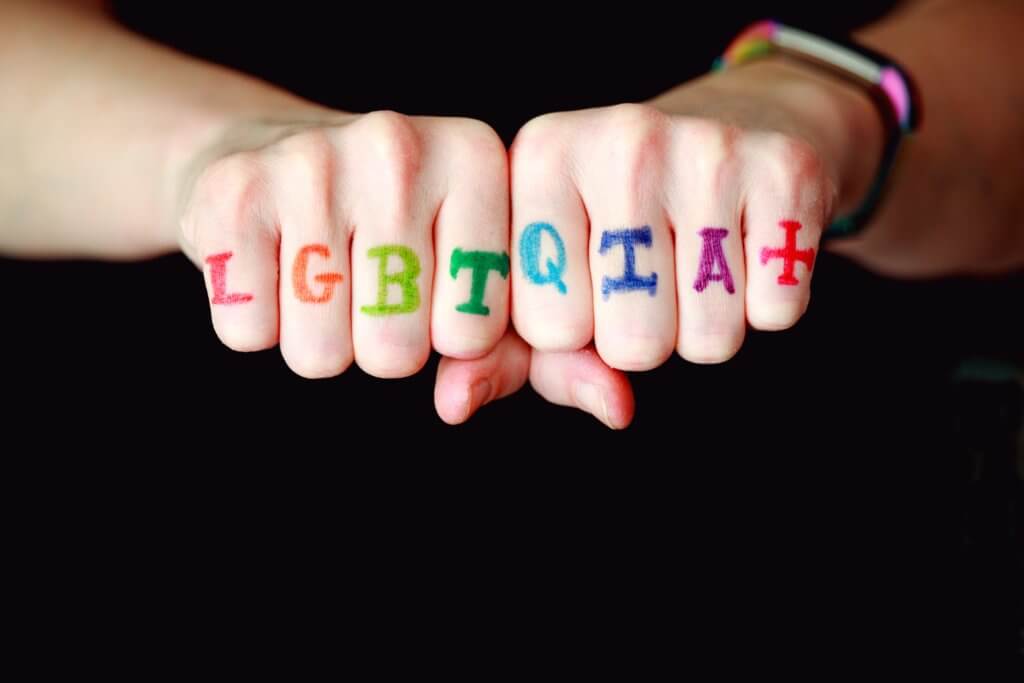Photo by Sharon McCutcheon on Unsplash
For the past few months, American Christian commentators have watched the Equality Act (Amendment HR5) make its way through Congress. The Act presents a serious challenge to religious freedom and directly affects the rights of Christians and other religious worshippers to express beliefs that may be contradictory to the cultural zeitgeist and are deemed discriminatory. In a recent podcast, we had the privilege of interviewing Mr. Rich Baker, a Christian attorney who focuses on helping churches and non-profits navigate the complexities of today’s highly regulated environment. Mr. Baker discussed how the Equality Act will legally affect Christians.
The main purpose of the Equality Act (HR5) is to amend the Civil Rights Act of 1994 to prohibit discrimination on the basis of sex, gender, sexual orientation, and gender identity among other identifying factors. The sponsors claim it’s necessity in our pluralistic society to combat bigotry deriving from one segment of the population that is marginalizing another. They believe that these “outdated modes of belief” can be held privately, but that they must be banished from the public sphere. By adding HR5 to the Civil Rights Act, it equates sexual and gender identity to race.
There are a number of key provisions in the act that are central to its implications. The Equality Act broadens the term “sex” and redefines what it means to be a gendered human being. It accepts and assumes a non-biblical anthropology. This has direct effect on Christians who take Genesis 5:2 seriously since the bill essentially criminalizes this passage and those like it (cf. Mark 10:6), at least when expressed in the public sphere.
What defines “the public sphere?” The wording of the act broadens the definition and could be used to include places of worship. And how do these new regulations based on new anthropology treat Scripture and other religious texts? There is no doubt they would be made legally discriminatory and morally offensive as the Act essentially abolishes a Christian metaphysical worldview and makes it criminal in the public sector.
In addition, churches would not be the only possible target. The bill makes it discriminatory to treat abortion and gender transition therapy as anything other than simple medical procedures to which all citizens have a right regardless of a practitioner’s personal religious convictions. Christian medical practitioners will have to contend with this new reality, and many will be forced to choose between their clinical professions and their personal convictions.
What about private clinics or ministry centers? The Act also broadens the meaning of the term “public accommodation.” In general, individuals are entitled to hold and express their views as long as they are expressed in a private location. Historically, human rights legislation has always been based on defining public accommodations, but the category has expanded with each new act. As the definition of “public” expands, the space where people are allowed to express contradictory views to the prevailing culture diminishes. A person’s freedom to choose in what way he or she will serve the public also grows smaller. These limitations have already been evident in cases involving Christian bakers, for example, but they would now be enshrined at a federal level.
The Equality Act is specifically designed to combat “religious bigotry” and put an end to religious protections related to civil rights issues. As America’s views shift away from a Judeo-Christian paradigm, a legal trend has emerged against those arguing for religious freedom and in defense of those arguing for civil rights. As a result, states have begun passing Religious Freedom Restoration Acts designed to fight this trend and allow more support for those exercising their conscience in the workplace and other public sectors. The Equality Act seeks to undermine these religious freedom acts at the state-level by using federal law.
In this environment, dialogue becomes difficult as words are redefined by cultural and political leaders to suit new ideals and make rational dissent almost impossible. True freedom is removed from American society, and words like “freedom” and “equality” are redefined to accommodate one group while enforcing the prevailing worldview on others. In a February 24, 2021 article in the American Conservative entitled, “The Equality Act is Farewell to a Christian Metaphysic,” Andrew Walker writes: “The problem with the Equality Act does not lie predominantly in the statutory language of the bill, but in its long-term effects, further transforming the moral imagination from anything resembling a Christian social order. The Equality Act, in my view, is a symbol for the de-conversion of the West.”
Mr. Walker is absolutely correct: the Equality Act is a reflection of a future America unrecognizable to previous generations and intolerable to a Christian worldview. The Act itself will not create this new society as much as it reflects the new society already here and growing. Some Christians have been subsumed into it with many denominations adopting the fundamentally flawed and secularist philosophy underlying this act and doing nothing to speak out against it.
As Rich Baker stated on the Anglican Perspective podcast, the best defense against the Equality Act is prayer. We can ask God to change the hearts of those who step away from the truth and embrace a false worldview. We can pray that God will help those in Congress govern wisely and do his will. Whatever the outcome, we can pray that Christians of all traditions will stand firm for the truth. And we must pray the long game. Whether or not the act passes, the amount of support it carries in our society is significant. It’s a reflection of a larger challenge, a Gospel challenge, one that Christians must grapple with in prayer and in action as we seek to bring the transforming love of Jesus Christ and his absolute truth to the lives of so many struggling to find it.


